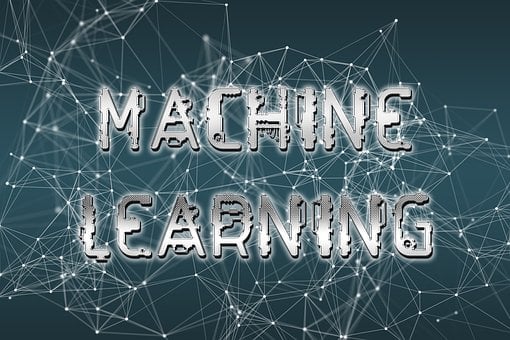


Machine learning plays a pivotal role in healthcare by analyzing extensive medical datasets. This helps improve decision-making for clinicians, enhance patient outcomes, automate routine tasks for healthcare professionals, speed up medical research, and increase operational efficiency.
Healthcare, or health care, encompasses initiatives aimed at improving individuals’ well-being through the prevention, diagnosis, treatment, or management of diseases, illnesses, injuries, and various physical and mental impairments.
There are two fundamental types of healthcare services: private and public.

Machine learning is a branch of artificial intelligence characterized by a machine’s ability to replicate human-like intelligence. Similar to humans tackling complex situations, AI systems utilize machine learning to perform advanced tasks.
Essentially, machine learning (ML) is a subset of artificial intelligence (AI) that allows software applications to improve their predictive capabilities over time, without needing explicit programming. By analyzing historical data, machine learning algorithms generate predictions for new outcomes.
Machine learning is crucial as it equips businesses with valuable insights into consumer behaviors and operational patterns, fostering innovation in product development. This technology is integral to the operations of major companies like Facebook, Google, and Uber.
Its applications range from predicting customer behavior to enabling the running of autonomous vehicles. The insights gained through machine learning empower businesses to better understand their audiences, allowing for tailored product development and marketing strategies.
Within the healthcare sector, machine learning enhances diagnostic tools that analyze medical images. For instance, machine learning algorithms can identify patterns in X-rays or MRI scans that may indicate specific diseases through advanced pattern recognition.
Additionally, these algorithms can recommend possible treatment options based on the latest literature. By processing vast amounts of patient data, machine learning can convert that analysis into actionable insights, helping clinicians in care planning and delivery.
As a rapidly evolving field, machine learning presents numerous potential applications in healthcare. With the increasing accessibility of patient data, its significance for healthcare professionals and systems will continue to grow. Here are five key advantages:
1. Enhanced Disease Identification and Diagnosis:
One of the significant benefits of machine learning is its ability to identify and diagnose diseases that might otherwise be challenging to detect. This is particularly true for conditions like early-stage cancers and various genetic diseases.
2. Advancements in Drug Development:
Machine learning offers substantial benefits in the preliminary phases of drug discovery. It supports research and innovative technologies such as next-generation sequencing and precision medicine, which can uncover new treatment avenues for complex diseases.
For instance, materials can be mixed and extruded through specialized equipment to create formulations for tablets or capsules, facilitated by machine learning processes.
3. Personalized Medicine:
Machine learning promotes more personalized healthcare solutions. By integrating individual health factors with predictive analytics, it leads to more effective treatment plans and extensive research opportunities, moving beyond limited traditional diagnosis approaches that rely on symptomatic history and genetic data.
4. Behavioral Modifications Through Machine Learning:
Behavioral change is key in preventive medicine. The rise of machine learning has led to various startups focusing on cancer detection and patient treatment innovations. For example, Somatix is a data analytics company that has launched machine learning applications capable of recognizing daily gestures, helping individuals understand their unconscious behaviors and make necessary adjustments.
5. Increasing Efficiency in Clinical Research and Trials:
Many wonder how machine learning will be implemented in healthcare. However, it has a vast array of uses in research and clinical trials. Those familiar with the pharmaceutical industry will attest to the high costs and prolonged timelines associated with clinical trials.
Utilizing machine learning for predictive analysis can help researchers identify suitable candidates for clinical trials from diverse data sources, including social media interactions and past medical visits.